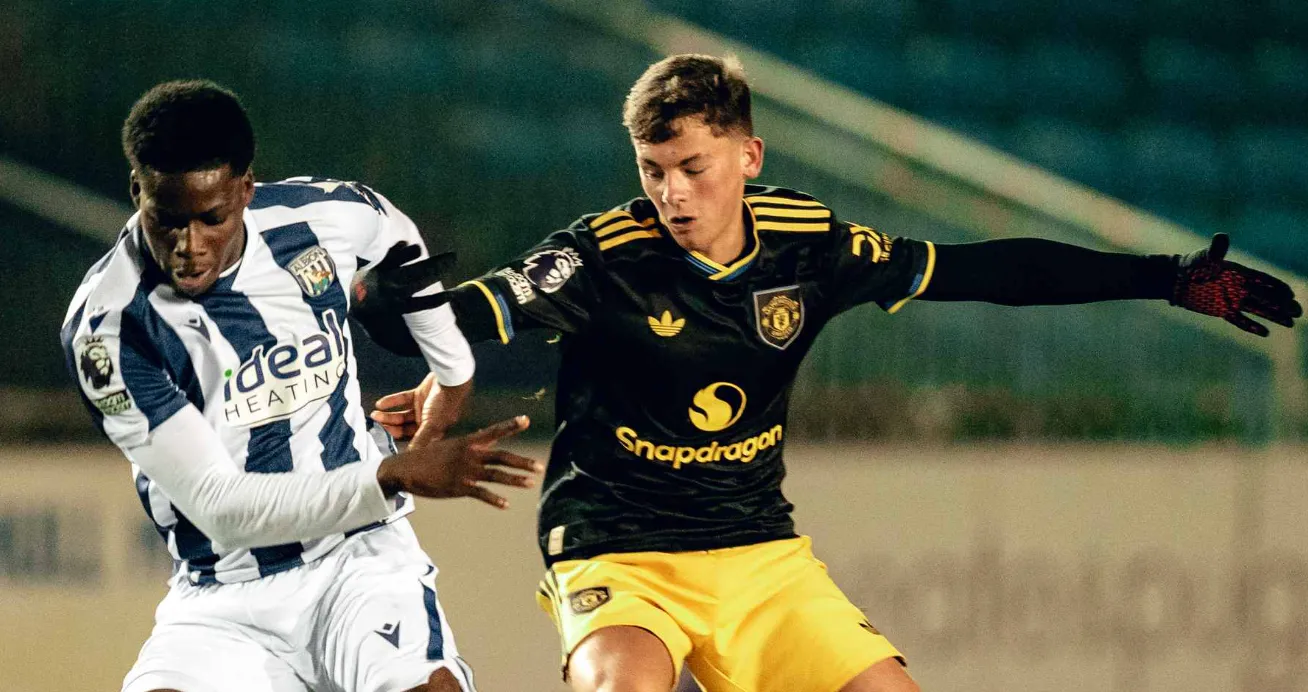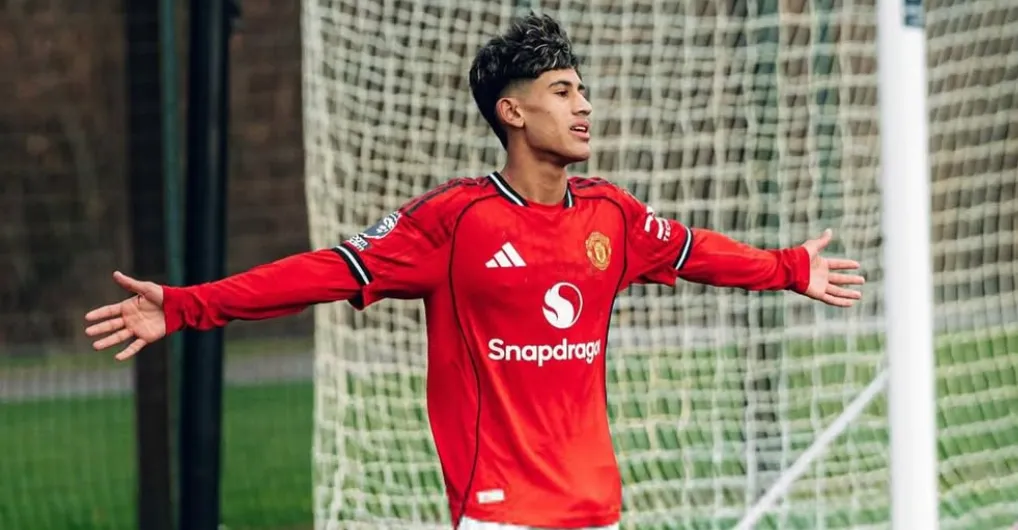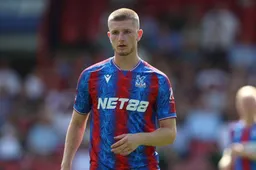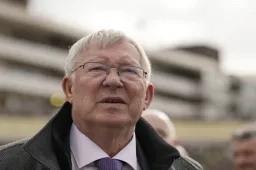Deep dive: Ratcliffe's mixed messaging as he unveils £2bn stadium plan for indebted club
NewsWednesday, 12 March 2025 at 09:50
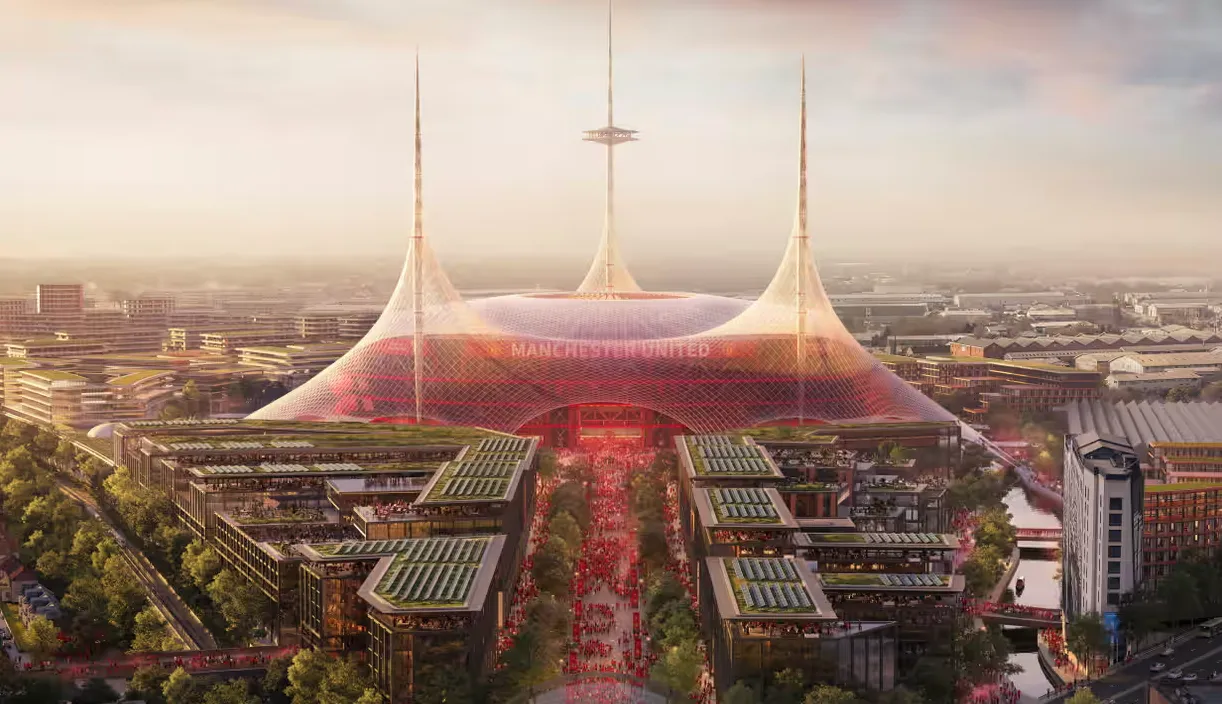
Sir Jim Ratcliffe, Manchester United’s co-owner and head of football operations, has cultivated an image as a no-nonsense, straight-talking businessman, leveraging his Ineos corporate ethos of direct accountability to tackle the club’s myriad issues.
But, a closer examination of his recent public statements—delivered through a series of interviews, including a 40-minute sit-down with Gary Neville—reveals a pattern of contradictory messaging that undermines his self-styled “gunslinger” persona.
On topics ranging from job cuts, the club’s financial health, player performance, and the ambitious new stadium project, Ratcliffe’s rhetoric often requires intense scrutiny to discern his true intent, raising questions about transparency and accountability.
Job Cuts and Financial Peril: A Convenient Narrative?
Ratcliffe has repeatedly emphasized Manchester United’s dire financial straits, claiming the club would have been “bust by Christmas” without severe cost-cutting measures, including the elimination of approximately 450 jobs.
He paints a picture of inherited financial chaos, citing £410 million in losses over seven years and a projected cash depletion by the end of 2025. Yet, his narrative conveniently omits the role of his fellow owners, the Glazer family, who have overseen the club’s operations for nearly two decades, extracting over £1 billion in interest payments, dividends, and consultancy fees.
This selective blame-shifting is telling—Ratcliffe positions himself as a savior, yet fails to acknowledge that his own £200 million investment in new players since taking control has yielded minimal on-field impact, adding to the financial burden he decries.
Moreover, Ratcliffe’s justification for job cuts—framed as a necessary purge of “freeloaders” enjoying perks like free lunches—rings hollow when juxtaposed against the club’s continued expenditure on high-profile managerial sackings and player loans. The implication that low-paid staff are the root of financial woes, rather than years of mismanagement at the executive level, reflects a corporate mindset more concerned with optics than fairness.
This selective accountability mirrors the very “matrix structures” Ratcliffe claims to despise in his Ineos “Compass,” which warns against amorphous systems that allow people to hide from responsibility. Yet, by shielding the Glazers from criticism, Ratcliffe himself hides behind a corporate shield, undermining his own principles.
Player Criticism: Accountability or Deflection?
Ratcliffe’s candid critique of the current squad—labeling some players as “not good enough” and “overpaid”—further exemplifies his contradictory approach. While his Ineos Compass decries “blame culture” as corrosive to efficiency, Ratcliffe freely lists players who are letting the club down, particularly those out on loan or sidelined, such as Jadon Sancho, for whom United are still paying £17 million in fees.
This public shaming contrasts sharply with his reluctance to hold the Glazers accountable for the transfer policies that led to such signings. It also raises questions about his leadership style—does naming and shaming players foster a positive culture, or does it merely deflect attention from broader strategic failures, including his own recruitment decisions?
The New Stadium: Vision or Hyperbole?
Perhaps the most glaring example of Ratcliffe’s contradictory messaging is his vision for a new 100,000-seater stadium, dubbed the “Eiffel Tower of the North.” Unveiled on March 11, 2025, the £2 billion project is presented as a transformative step to restore Manchester United’s competitive edge, with Ratcliffe asserting it will rival global landmarks and generate £7 billion annually for the northern economy.
However, his claim that the club will finance the stadium while relying on government support for surrounding regeneration efforts introduces significant ambiguity. If United’s finances are as precarious as Ratcliffe suggests, how can the club justify such an enormous capital expenditure without public funds for the core project? This reliance on external support contradicts his image as a self-reliant industrialist, instead aligning with a pattern of corporate leaders seeking public bailouts for private gain.
Furthermore, the grandiose comparison to the Eiffel Tower—while dismissing similar hyperbole as “BS” in his corporate lexicon—highlights a disconnect between Ratcliffe’s rhetoric and reality. The economic projections, attributed to unnamed advisory estimates, lack transparency, and the timeline of five years seems optimistic given the scale of planning and approvals required.
Critics might argue this is less a vision for Manchester United’s future and more a play for personal legacy, with Ratcliffe’s Ineos brand prominently attached to a project that could outlast his tenure, especially given the Glazers’ ability to force him out via a “drag-along” clause in 18 months.
Executive Decisions: Chemistry or Politics?
Ratcliffe’s handling of executive appointments further muddies the waters. He describes the departure of sporting director Dan Ashworth, after a costly pursuit and rapid exit, as a matter of “chemistry” rather than a strategic misstep. This explanation, while consistent with his Compass’s disdain for “politics and turf wars,” avoids addressing the underlying issues of decision-making within a dual-ownership structure.
With the Glazers retaining significant control over commercial operations, Ratcliffe’s ability to unilaterally appoint key figures like Ashworth or his preferred CEO, Jean Claude Blanc, is constrained, yet he downplays these tensions. This selective transparency—criticizing staff and players while glossing over boardroom dynamics—suggests a calculated effort to control the narrative, belying his straight-talking image.
A Broader Critique: Whose Interests Are Served?
Stepping back, Ratcliffe’s contradictory messaging must be viewed through the lens of his primary role as an investor concerned with maximizing the value of his 28.94% stake. His actions—cutting jobs, criticizing players, and pushing ambitious projects—serve to bolster the club’s financial position, potentially increasing its sale value, which could benefit both him and the Glazers in a future exit scenario.
However, this raises ethical questions about the impact on fans, staff, and the broader Manchester community, who are asked to bear the burden of austerity measures while the club’s owners reap the rewards. Ratcliffe’s portrayal as a “local boy” and “financial Gandalf” rescuing United from ruin is a carefully crafted image, but one that dissolves under scrutiny, revealing a corporate operator more aligned with the Glazers’ profit-driven ethos than with the club’s storied traditions.
In conclusion, Ratcliffe’s tenure at Manchester United, marked by his straight-talking persona, is increasingly characterized by contradictory messaging that obscures accountability and prioritizes personal and corporate gain. Whether discussing job cuts, player performance, or stadium plans, his words demand “hawk-like focus” to decipher, as he himself might put it. For fans hoping for a return to glory, the question remains: is Ratcliffe the solution to United’s woes, or merely the latest act in a circus of mismanagement?
Loading
